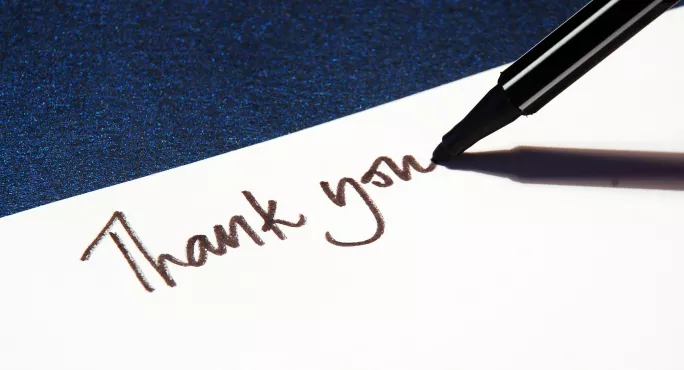In his book, Humankind, Dutch writer and philosopher Rutger Bregman shares what seems like a radical manifesto for our species. He sets out to debunk the notion that humans are inherently selfish and savage, that our worst tendencies are just about kept in check by a fragile veneer of civilisation.
Instead, argues Bregman, humans are inherently kind and compassionate. “When in doubt, assume the best,” he writes. With most people, most times, he believes that this assumption will be borne out. Yes, occasionally, this faith in humanity may leave you open to being cheated or scammed, he concedes. But, in the grand scheme, “that’s a small price to pay for the luxury of a lifetime of trusting other people”.
Bregman also lays out research evidence showing that the expectations held of people - by an individual, by a group, by a society - can influence how they act. In other words, if you think people are by default kind and compassionate, they are more likely to be kind and compassionate.
The problem for Bregman is that we do not typically show this faith in others. And, where we have low expectations, they can become self-fulfilling prophesies as they sap the resolve of people with good intentions.
All of which is a way of getting to the baffling sport of “teacher bashing”. It’s hard to gauge how many people are involved in this - we should always be aware that social media can hugely amplify fringe opinions - but you don’t have to scroll through Twitter for long to find it. Just now, one trope is the fatuous argument that, by raising concerns about Covid safety standards in schools, teachers are agitating for “time off”.
Whatever form it comes in, it is way off the mark - and entirely counterproductive if you want to get the best out of teachers.
Schools in Scotland are once again today making Herculean efforts on behalf of their pupils. After the uncertainty and disruption of the Christmas break - marred by uncertainty over what impact the Omicron variant would have in the new year - schools have started to return today.
Normality remains a long way off, however. Already, many pupils due to walk through the school gates have been told to stay home, with a surge in Covid cases and 10-day self-isolation requirements (until changes in Nicola Sturgeon’s Covid statement this afternoon) hitting staffing levels hard in some schools. And speculation is rising about the knock-on effects for the rest of the school year - will exams be able to take place, for example, and even if they do, will they be fair on the schools most badly affected by Covid?
We should highlight the lengths schools go to on behalf of their pupils - one principal teacher, for example, wrote for us in December after a year in which her school had come up with ingenious ideas for getting food to pupils’ families who could not afford it themselves. But teachers, however dedicated, are not superheroes.
School leaders and teachers are already drawing on the huge reserves of stamina and determination that they possess to make the best of a far from ideal situation today - just take a look at a few school Twitter accounts to see how they’re rallying their pupils. But they are, after all, human. The past two years have taken a toll, and those reserves of stamina and determination are finite.
The least the rest of us can do is buy into Rutger Bregman’s view that people are inherently good - and that, by extension, teachers are almost without exception going above and beyond to do their absolute best for their pupils. As we pick our way through another uncertain new year, teachers should know just how deeply appreciated they are.
Henry Hepburn is Scotland editor for Tes





